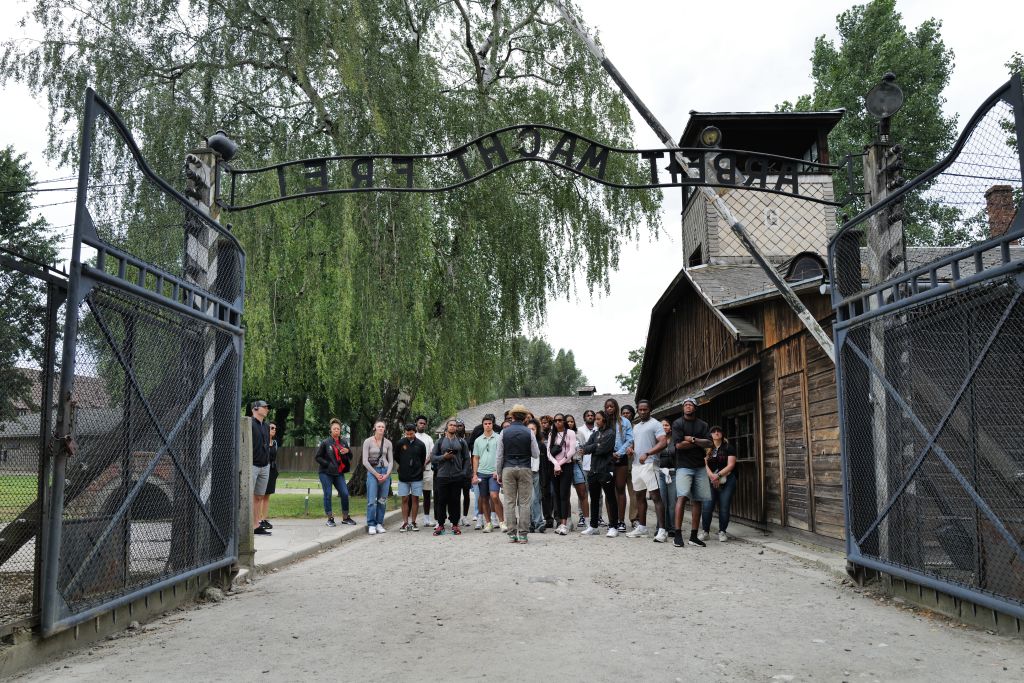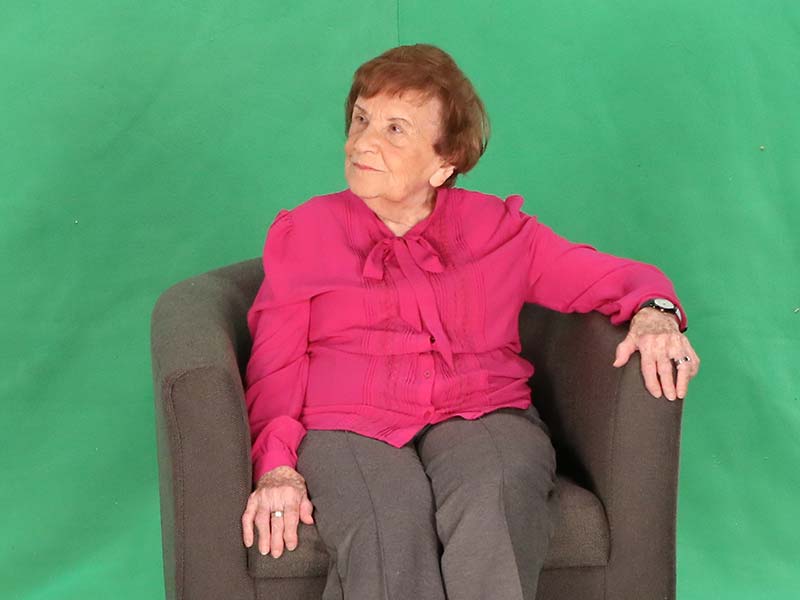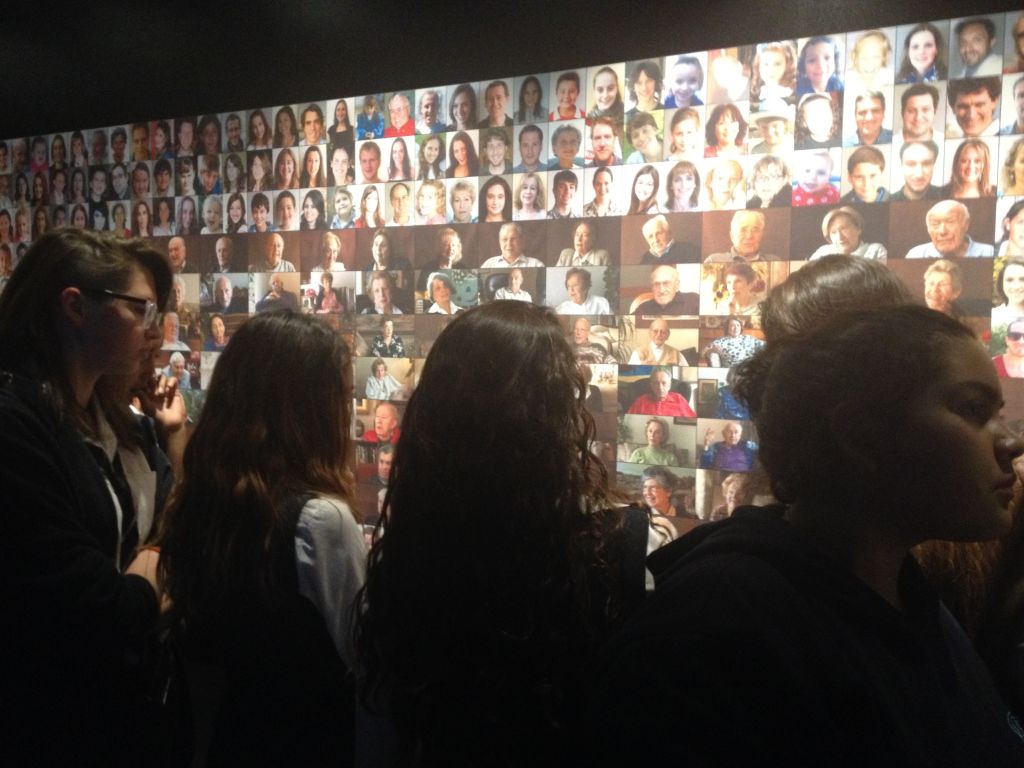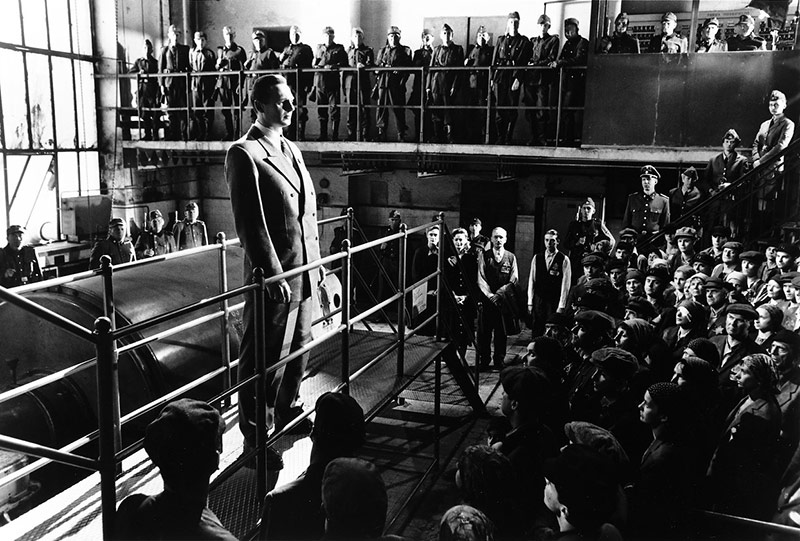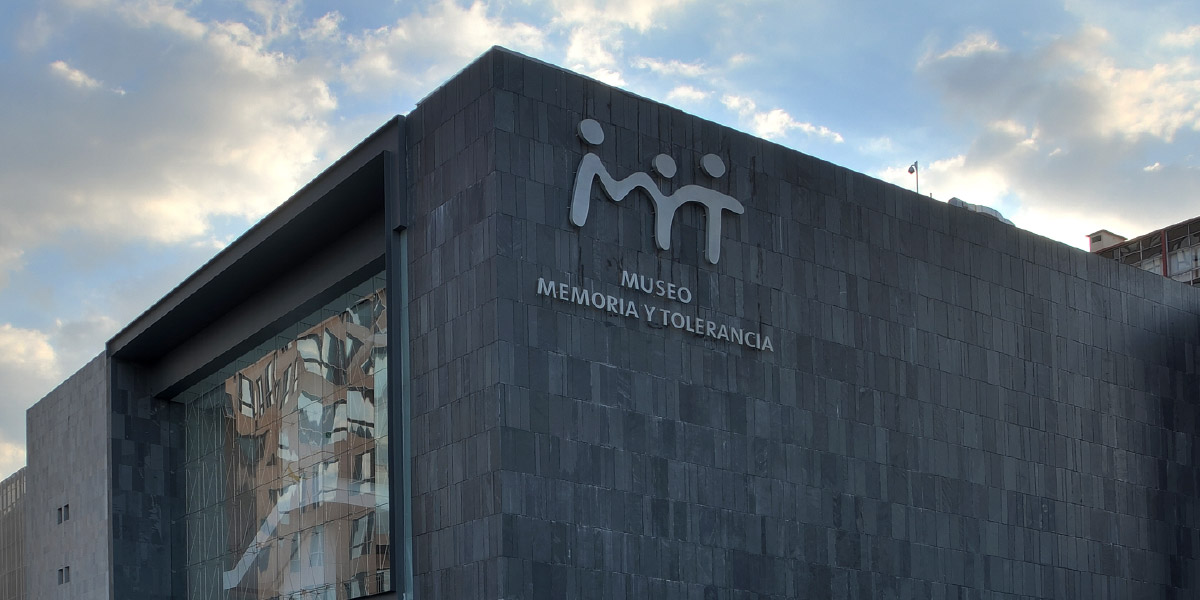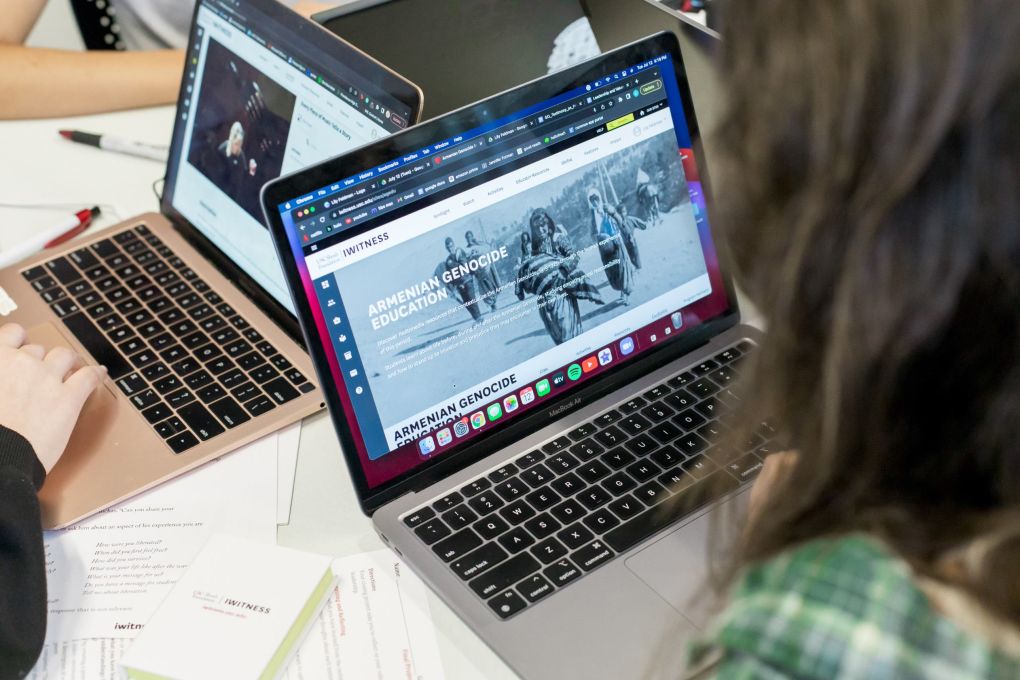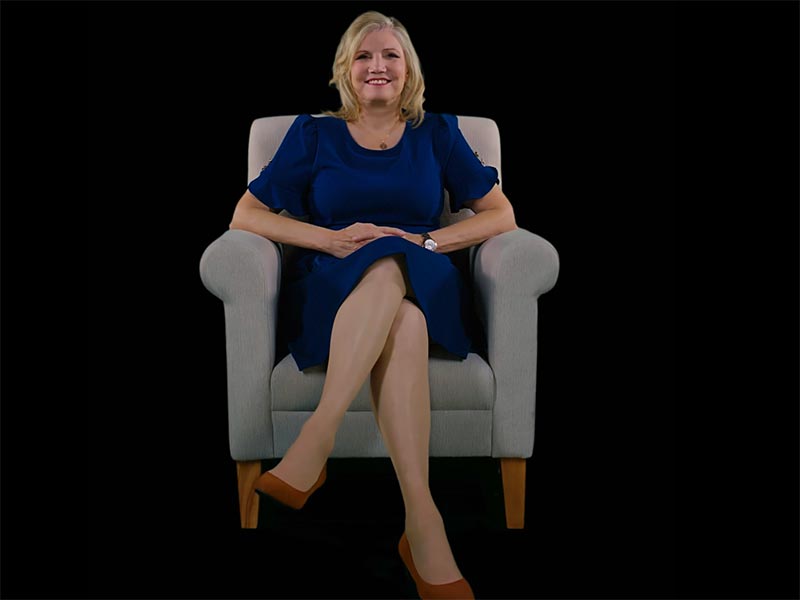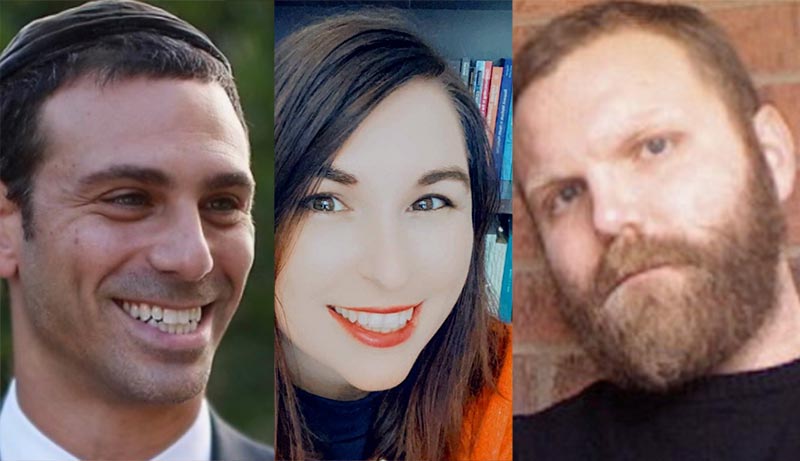Education News
As Survivors Dwindle, We Must Rethink How to Teach the Holocaust
The Following Op-Ed was published in U.S. News by the USC Shoah Foundation's Finci-Viterbi Executive Director, Robert J. Williams, Ph.D.
January 27, 2025
As we commemorate …
Friday, February 7, 2025
Lea Zajac de Novera’s Dimensions in Testimony Brings Spanish-Language Holocaust Education to Classrooms
The USC Shoah Foundation and The Latin American Network for Education on the Shoah (Red LAES) have launched a new educational web page featuring the first Spanish-language Dimensions in Testimony …
Monday, May 6, 2024
New Latin America Partnership Launches IWitness Page Featuring Spanish-Language Holocaust Testimonies
The USC Shoah Foundation and The Latin American Network for Education on the Shoah (Red LAES) today launched a new IWitness web page that offers downloadable Spanish-language educational activities…
Wednesday, November 1, 2023
On the 30th Anniversary, New York Panel to Examine Impacts and Legacy of Schindler’s List
This December marks the 30th anniversary of the release of Schindler’s List, Steven Spielberg’s Academy Award™-winning film that brought Holocaust remembrance to the forefront of popular culture.
…
Wednesday, November 1, 2023
Ghetto Fighters’ Museum, USC Shoah Foundation Bring Lessons of Courageous Danish Rescue Operation to Classrooms
Middle and high school students around the world are exploring the themes of resistance, solidarity and resilience using an innovative new film-based curriculum produced by the USC Shoah Foundation…
Tuesday, August 1, 2023
New Partnership to Integrate USC Shoah Foundation Testimonies into Latin American Curriculum
USC Shoah Foundation and The Latin American Network for Education on the Shoah (Red LAES) today launch an educational partnership dedicated to the study, teaching, and dissemination of Spanish…
Monday, April 17, 2023
USC Shoah Foundation Launches Armenian Genocide Education—Keep the Promise Teacher Fellowship Program
USC Shoah Foundation has announced a new fellowship for a U.S.-based secondary-level educator to produce testimony-based instructional resources about the Armenian Genocide.
The Armenian Genocide…
Wednesday, February 8, 2023
USC Shoah Foundation Releases Dimensions in Testimony Interview with Mona Golabek
USC Shoah Foundation today unveils a Dimensions in Testimony (DiT) interview with internationally celebrated author and concert pianist Mona Golabek.
Published on the Institute’s award-winning…
Thursday, January 26, 2023
Mona Golabek to Bring The Children of Willesden Lane to 50,000 Students, Educators in Texas
USC Shoah Foundation partner and celebrated author, performer and concert pianist Mona Golabek this week brings her virtual, theatrical performance based on The Children of Willesden Lane book to 50…
Monday, January 23, 2023
Academic Fellows Convene to Develop Testimony Based Curriculum on Nazi Medical Experiments
A group of Bioethics and the Holocaust Fellows recently gathered at USC Shoah Foundation headquarters in Los Angeles to develop content for new curriculums that will feature Visual History Archive…
Wednesday, January 18, 2023
